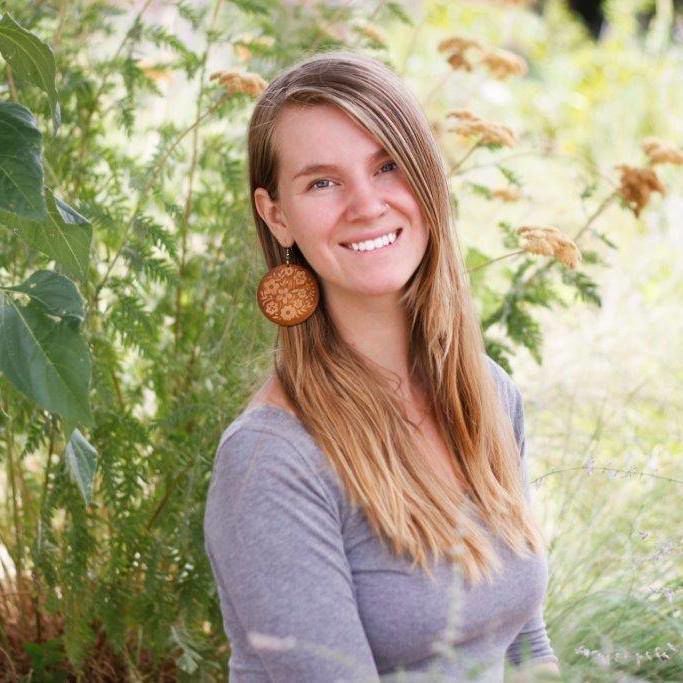Some information may be outdated.
It was recently announced by the Grand County Solid Waste Management Special Service District (SWSSD) that Moab’s recycling center is reducing what it accepts for recycling.
The reduction includes certain numbers of plastics and paper products. This decision followed months of number crunching and assessment of carbon impacts, spurred by major changes in the recycling market, issues with unclean and unsorted drop-offs, and the fluctuating volume of materials that spike during tourist season.
All of these things, and more, contributed to the SWSSD making the most informed and economical decision, given the circumstances. The highly-experienced and pragmatic Deborah Barton, SWSSD manager, led the decision and facilitated over a dozen public meetings and information sessions on the topic over the past two years. The Resiliency Hub supports the decisions now being made.
The Resiliency Hub Board acknowledges that many of us feel the loss of these services is a major blow to the progress toward sustainability and resiliency within our community. However, this is an opportunity for our community, as a whole, to reflect on and address the deeper roots of our current dilemma: the very production of waste in our daily lives through our consumption decisions and options.
The recycling center’s changes are now an opportunity to re-examine how we consume, and reuse, more responsibly.
Recycling has never been a perfect solution. We have to remember that it is the last of the three R’s: reduce, reuse, recycle. Our society has leaned hard on recycling as our means of “living green.” And yet, there is a tremendous amount of energy — invisible or unseen to most of us — expended in the recycling process.
We require a more substantial paradigm shift in how we think about consumption, and meeting our needs, to truly address our energy and waste concerns. We are all familiar with our modern society’s opportunities and mantra to purchase — what if we did not buy in the first place? Sometimes the solution precedes the problem.
There are actions we can take to lessen our dependence on consumables, and cultivate a more resilient local economy.
The principle of reduce and refuse is a way to consider what you really need. Don’t buy items with excessive packaging. Ask retailers and manufacturers to use biodegradable packaging and support industrial composting infrastructure to process items locally. Use reusable containers for drinks, shop for bulk foods and take-out, grow food in a garden or buy directly from a local farmer or rancher. Show your love not through buying new products, but by creating experiences: take a hike or go to the park.
We all produce some waste, but the key is being able to deal with your material waste as locally, and beneficially, as possible. This may require some crafty entrepreneurship, creative thinking and infrastructure.
All organic material should be composted. In Moab, food scraps can be composted in your backyard or taken to the Youth Garden Project. Cardboard and paper can be used as sheet mulch to suppress unwanted plants and build soils in gardens.
Plastics and other cleaned items provide a unique opportunity. Since these materials do not biodegrade they can be reused as tough products. You can stuff plastic containers (milk jugs, juice bottles, etc.) with your clean trash and non-recyclable items and make durable “bottle bricks.”
Many members of the Resiliency Hub’s board of directors create bottle bricks and we are planning an educational workshop for later this year to share this easy and fun strategy for turning waste into a resource. Once you have enough bricks, you can use them as the main material for creating benches, windbreaks and more. Bottle bricks may be covered with earthen plaster to create a finished, plastic-sequestering landscape feature. You can see an example of a bottle brick bench created by Pick-Up America at the Youth Garden Project along the Mill Creek Pathway.
Our individual actions and voices are required in managing our waste stream, and there is a responsibility for businesses, the tourism industry and public agencies to play a leading role in implementing solutions. Many organizations and individuals are already working on local changes.
Now is the time for your ideas and actions. There is a huge opportunity to minimize and process our non-recyclable and compostable material locally into valuable commodities and new economic possibilities.
This column was written on behalf of the Resiliency Hub Board, a Moab-based nonprofit organization that hosts many upcycling events throughout the year, by Claire Core. She studied natural resources and sustainability at Utah State University.
“Plastics and other cleaned items provide a unique opportunity. Since these materials do not biodegrade they can be reused as tough products. You can stuff plastic containers (milk jugs, juice bottles, etc.) with your clean trash and non-recyclable items and make durable ‘bottle bricks.’”
Appreciate the coverage? Help keep local news alive.
Chip in to support the Moab Sun News.



